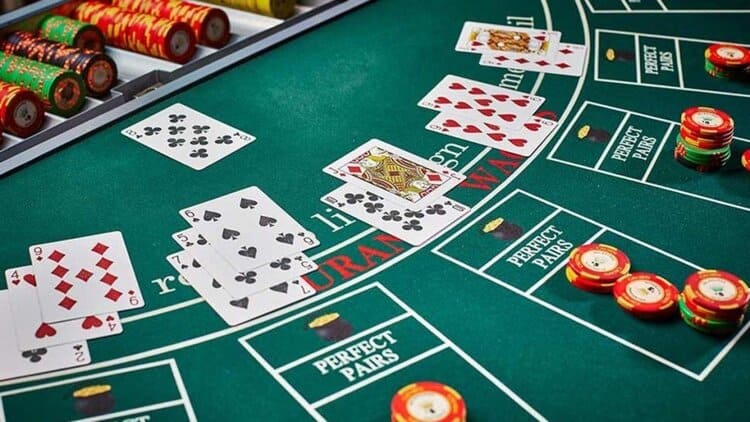Surrender is a term used in blackjack to indicate that a player wishes to surrender. This may be done if the dealer’s face up card is a nine, a card of a value of 10 or an Ace.
Early surrender
Early surrender is a blackjack rule that allows players to give up half of their bet before the dealer checks the hole card. The rule is useful for players who feel their hand has a small chance of winning.
Early surrender is usually offered in casinos located in Europe, Asia, or the US. It has been shown to improve the player’s return by about 0.24 per cent.
There are many different casinos that offer the early surrender rule, and there are also different rules on when to use it. For example, a rule that allows players to surrender with a 10 when the dealer shows an Ace is a good option, because it increases the chances of winning by 0.39 percent.
However, you need to be careful when using the early surrender in blackjack. You do not want to lose all your money because you didn’t take the right approach. A basic strategy that’s long-term is a much better choice.
When playing a six-deck game, you can make use of the early surrender in blackjack rule, and that’s important because it allows you to save your chips and get another “bite at the cherry” if you lose. This can help you stabilize your bankroll and reduce losses.
An early surrender in blackjack may also make sense when you’re dealt a hard number between six and eight. But don’t rely on it when you’re holding a pair of nines or tens.
If the dealer has a face-up card of nine, a card valued at 10, or an Ace
Blackjack is a popular card game that involves players competing against the dealer. The player who has the closest hand to 21 wins the round.
After the dealer has dealt two cards to each player, each player must decide whether to hit, stand, double down, split or surrender. Each option has advantages and disadvantages. Here are some tips to help you make the right decisions when playing blackjack.
If the dealer has a face-up card of nine, a card valued at 10, or an Ace, the player may want to consider surrendering. This option allows the player to toss away half of his bet, which will help the player avoid busting. However, this is not a common practice, so check the rules of the particular casino to see if it is allowed.
Double down is a good strategy when the dealer has a face-up card that is worth less than 10. Once the player draws another card, his hand will likely become a soft one.
In order to win, the dealer must hit on 16 or less, and stand on 17 and more. When the dealer’s card value is more than 21, the player will bust. On the other hand, if the dealer’s face-up card is a jack or ace, the dealer will draw more cards until he gets closer to 21.
Common mistakes players make with a 16
If you have ever played the game in a casino for more than a few minutes you have likely encountered at least one of these thorns. The sex of the bunch is invariably female. While female foes are generally good at shuffling the fumbles and getting their mitts a little sloshed up they are oftentimes a bit less than enthusiastic when it comes to a good old fashioned fisticuffs. A recent study in a casino nearby uncovered that a large number of women in the fold are deficient in the most basic of skills, a big tick in any casino’s kitty. Of course, not all female foes are created equal and there are a handful of aficionados that know how to keep the riffs a lid. One such lass in the know isn’t exactly a blackjack slacker, but she is. She knows a thing or two about a good time and a good time, and her knuckles are as slick as a bourbon on the rocks. Fortunately, she is a seasoned veteran, the name of the man is familiar to those who have been in the know and her posse knows more than a few dozen.
